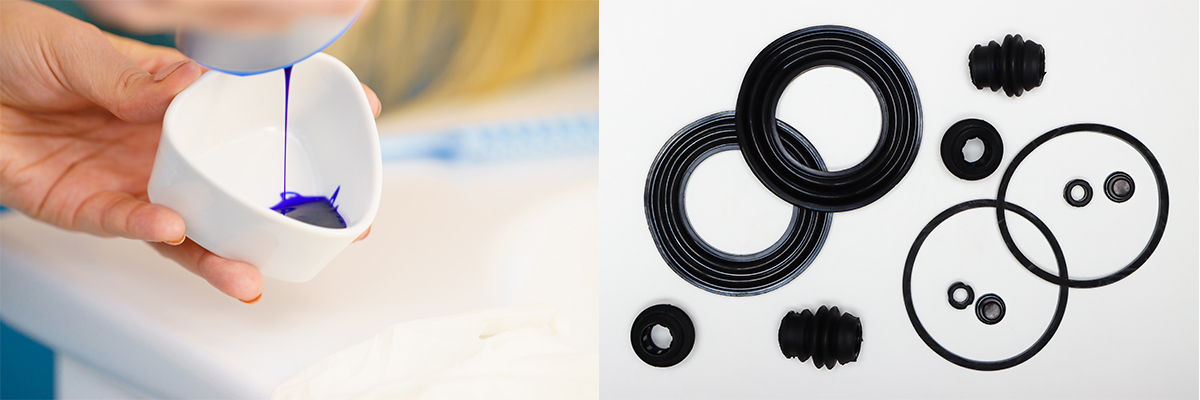CAS:6381-59-5
Purity:99%
Molecular Formula:C4H12KNaO10
Molecular Weight:282.22
EINECS:613-385-0
Storage Period:2 years
Synonyms:Sosiumpotassiumtartrate; POTASSIUM SODIUM TARTRATE REAGENT (ACS); POTASSIUM SODIUM TARTRATE TETRAHYDRATE, PH HELV; POTASSIUM SODIUM TARTRATE TETRAHYDRATE, REAGENTPLUS TM, >= 99%;


































































































